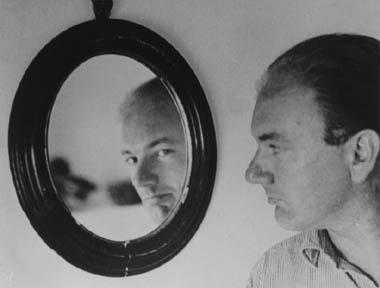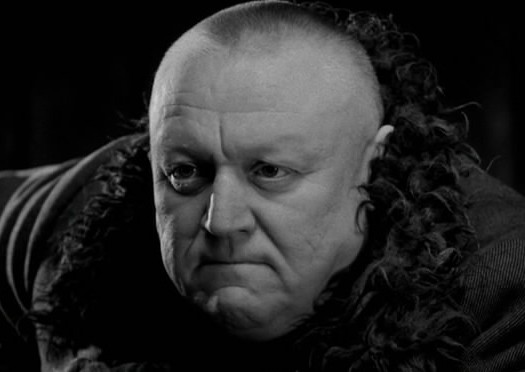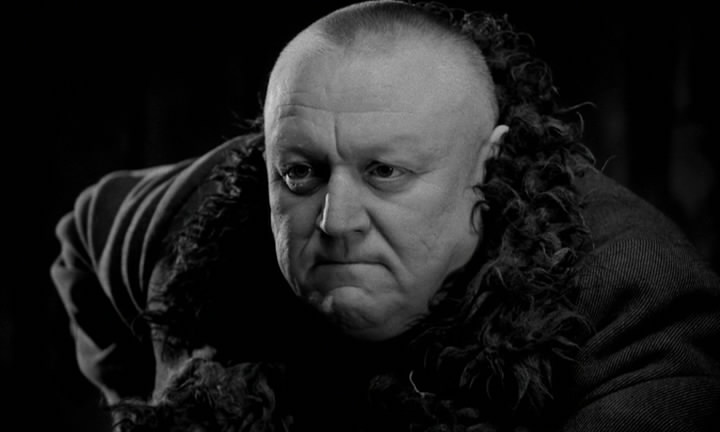We present a guest post by Thomas Bernhard, reviewing Tao Lin’s Taipei.
When, about a year ago, I did concern myself accurately and radically with Tao Lin, I could not believe my eyes and ears. Such faulty and bungled English or American, whichever you prefer, I had never before read in my whole intellectual life in an author who is, of all things, famous today for his precise and clear prose. Tao Lin’s prose is anything but precise and it is the least clear I have come across, it is packed with distorted metaphors and faulty and confused ideas, and I really wonder why this provincial dilettante is today revered to such an extent by writers, and above all by the younger writers, and not by any means by the least known or least noticed ones. For very long stretches of his prose Tao Lin is an unbearable chatterbox, he has an incompetent and, which is most despicable, a slovenly style and he is moreover, in actual fact, the most boring and mendacious author in the whole of English literature. Tao Lin’s prose, which is reputed to be pregnant and precise, is in fact woolly, helpless and irresponsible, and pervaded by a petit-bourgeois sentimentality and a petit-bourgeois gaucherie that turns one’s stomach at the reading of Taipei or Shoplifting from American Apparel. Taipei, in particular, is, from the very first few lines, an attempt to present a recklessly spun-out, sentimental and boring prose full of internal and external mistakes as a work of art, when it is nothing but a petit bourgeois concoction from Williamsburg. Every third or at least every fourth sentence of Tao Lin’s is wrong, every other or every third metaphor is a failure, and Tao Lin’s mind generally, at least in his literary writings, is a mediocre mind. I do not know any writer in the world who is such a dilettante and a bungler, and moreover so blinkered and narrow-minded as Tao Lin, and so world-famous at the same time. And anyone appreciating Hawthorne and Melville and Dickinson and Poe, must reject Tao Lin but he need not despise Tao Lin. Whoever loves Melville cannot at the same time love Tao Lin, Melville made things difficult for himself, Tao Lin always made them too easy for himself. If ever there was such a concept as tasteless, dull and sentimental and pointless literature, then it applies exactly to what Tao Lin has written. Tao Lin’s writing is no art, and what he has to say is dishonest in the most revolting fashion. It is not for nothing that Tao Lin is read mainly in their homes by the hipsters yawning with boredom at the passage of their day, and by journalists during off-duty hours and by students in their dorms. A genuinely thinking person cannot read Tao Lin. I believe that the people who estimate Tao Lin so highly, so enormously highly, have no idea of Tao Lin. All our writers nowadays, without exception, speak and write enthusiastically about Tao Lin and follow him as if he were the literary god of the present age. Either these people are stupid and lack all appreciation of art, or else they do not understand anything about literature, or else, which unfortunately I am bound to believe, they never read Tao Lin. Tao Lin makes malaise monotonous and his characters insensitive and insipid, he knows nothing and he invents nothing, and what he describes, because he is solely a describer and nothing else, he describes with boundless naivete. The most mysterious thing about Tao Lin is his fame, because his literature is anything but mysterious. Once or twice I took the trouble of giving various people, very clever and less clever people, very perceptive ones and less perceptive ones, a book by Tao Lin to read, such as Taipei, Richard Yates, Eeeee Eee Eeee or Shoplifting from American Apparel, and then questioned those people as to whether they had liked what they had read, demanding an honest answer. And all these people, compelled by me to give an honest answer, told me they had not liked it, that they had been infinitely disappointed, that basically it had said nothing, but absolutely nothing, to them, they were all simply amazed that a person who wrote such brainless works, and moreover had nothing to communicate, could become so famous. That Tao Lin experiment amused me again and again for some time. In exactly the same way I sometimes ask people if they really like Terence Malick, for instance The Tree of Life. Not a single person I asked ever liked the picture, they all admired it solely because of its fame, it did not really say anything to any of them. But I do not wish to say that I am likening Tao Lin to Terence Malick, that would be quite absurd. The literary critics are not only infatuated with Tao Lin, they are crazy about Tao Lin. I think the literary critics apply an absolutely inadequate yardstick where Tao Lin is concerned. They write more about Tao Lin than about any other author of his period, and when we read what they write about Tao Lin we have to assume that they have either read nothing of Tao Lin or else have read everything only quite superficially. Malaise is now enjoying a boom, that is why Tao Lin is now enjoying a boom. Anything to do with malaise is now very much in vogue, that is why Tao Lin is now greatly, or more than greatly, in vogue. Drugs are now greatly in vogue, the internet is now greatly in vogue. Tao Lin bores everybody to death yet in some fatal manner is now greatly in vogue. Sentimentality altogether, that is the terrible thing, is now greatly in vogue, just as everything else that is kitsch is now greatly in vogue. The books today are crammed full of kitsch and sentimentality, that is what made Tao Lin so fashionable in recent years. Tao Lin is a master of kitsch. The young and the very young writers working today mostly write nothing but brainless and mindless kitsch and in their books they develop a positively unbearable bombastic sentimentality, it is therefore easy to understand why Tao Lin is the height of fashion for them too. Tao Lin, who introduced brainless and mindless kitsch into great and noble literature and who ended up committing a kitschy suicide, is now the height of fashion. But Tao Lin has not described malaise at all, he has only kitschified it. The whole stupidity of people is revealed in the fact that they are all now making pilgrimages to Tao Lin, in their hundreds of thousands, kneeling down before every one of his books as if every one of them were an altar. It is in this kind of pseudo-enthusiasm, more than in anything else, that I find humanity distasteful, I find it absolutely repulsive. In the end everything eventually becomes a prey to ridicule or at least to triviality, no matter how great and important it may be.





